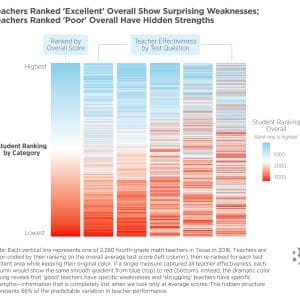Associated Scholars
Benjamin Brooks
Leonardo Bursztyn
Nicholas Epley
Michael Greenstone
Ali Hortaçsu
Emir Kamenica
Steve Levitt
John List
Magne Mogstad
Devin Pope
Richard Thaler
Associated Research
Toward an Understanding of the Political Economy of Using Field Experiments in Policymaking
Commitment and Randomization in Communication
Here Today, Gone Tomorrow? Toward an Understanding of Fade-out in Early Childhood Education Programs
Associated News
Emails worth $100 million: Economists use ‘nudges’ to increase tax compliance
The American System of Tipping Makes No Sense
This Analysis of 40 Million Uber Rides Finally Reveals Whether Men or Women are the Most Generous Tippers
Other Initiatives & Centers at BFI
Research Initiatives
- Public Economics Initiative
- Socioeconomic Inequalities Initiative
- Political Economics Initiative
- Industrial Organization Initiative
- Macroeconomic Research Initiative
- Ronzetti Initiative for the Study of Labor Markets
- Price Theory Initiative
- International Economics and Economic Geography Initiative
- Health Economics Initiative
- Big Data Initiative
























